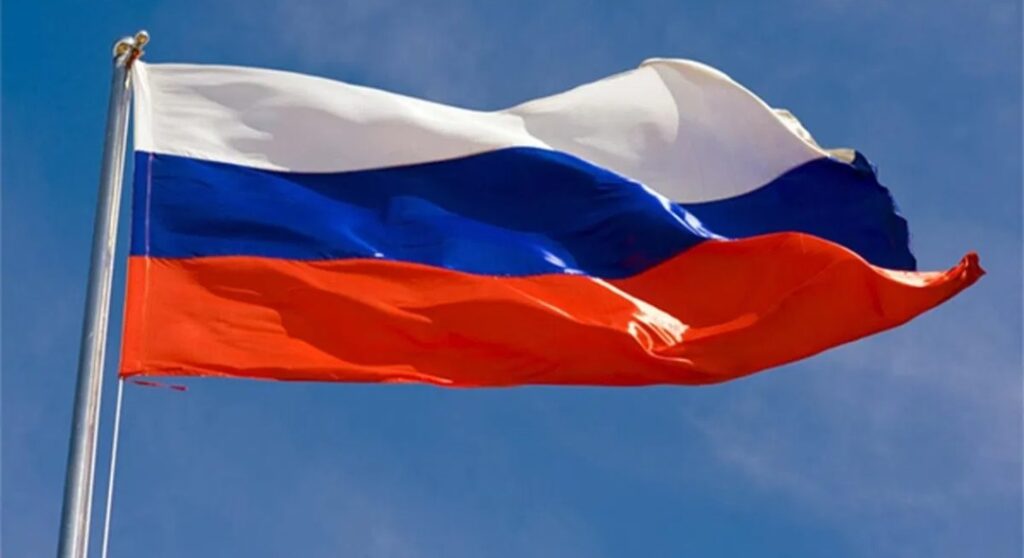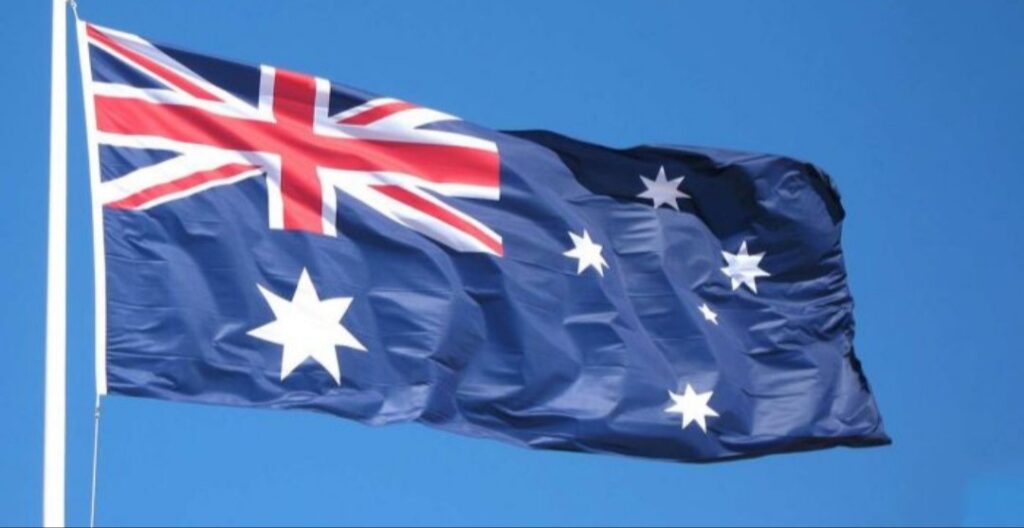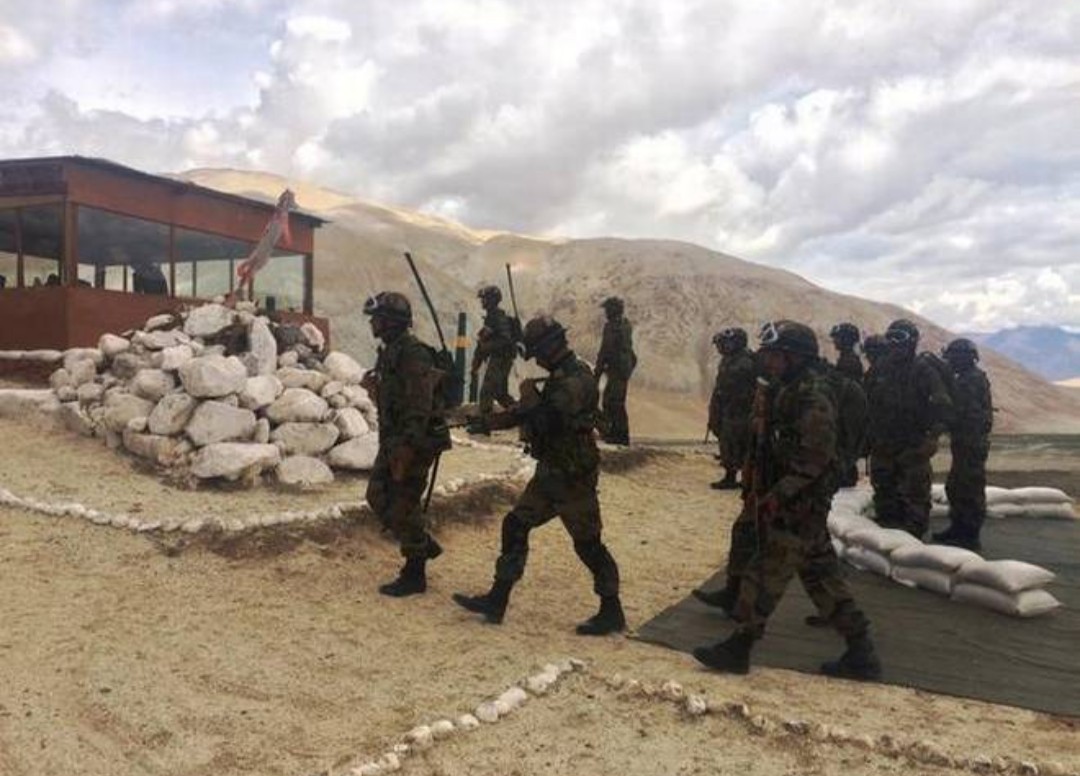Moscow won’t interfere in India-China tensions: Russian lawmaker
‘These bilateral disputes should be dealt with bilaterally’

Russia won’t “interfere” and wants India and China to resolve their border dispute bilaterally, a senior Russian lawmaker said, referring to the five-week-long military standoff between the Indian and Chinese troops at the Line of Actual Control (LAC), drawing a contrast to the U.S. offer of mediation that India declined last week.
“Our official position is that these bilateral disputes should be dealt with bilaterally. We respect the sovereignty of India and the sovereignty of China. Russia should not interfere in these kinds of disputes… We would encourage dialogue and prevent the use of military force,” said Konstantin Kosachev, Chairman of the Foreign Affairs Committee of the Russian Federation Council (Upper House of Parliament), speaking to Indian journalists at a press meet through videoconference ahead of Russia’s National Day.
Russian Ambassador to India Nikolai Kudashev had met Foreign Secretary Harsh Vardhan Shringla last week when the situation at the LAC was discussed. The meeting came the same day that Prime Minister Narendra Modi spoke to U.S. President Donald Trump and reportedly conveyed India’s position that it didn’t require mediation offered by Mr. Trump.
During the conversation, Mr. Modi had also welcomed an invitation from Mr. Trump to an “extended” G-7 summit that would include India, Russia, Australia and South Korea. Unlike New Delhi, however, Mr. Kosachev said that Moscow has many misgivings about the invitation, which it sees as an attempt to build an “anti-China” front. Mr. Kosachev said the Russian government would take a final decision once its doubts had been cleared, including on whether India and Russia and other invitees would be accepted by G-7 nations as “equal members” of a new group, or whether they would simply be “special guests, with no power to influence outcomes”.
“The problem with this invitation to the G-7 format is that Mr. Trump is extending it, and he doesn’t have the right to expand the forum by himself,” said Mr. Kosachev. “Mr. Trump wants to get countries together to make a joint position on China. I don’t think given our specific relations with China, or India’s relations with China, that this [would work]… I am against building a bloc that is aimed at another country,” Mr. Kosachev added.
Asked about the U.S.-led efforts for an Afghanistan reconciliation process that Russia backs, which would bring the Afghanistan government’s representatives and the Taliban leadership to the table later this month, Mr. Kosachev said India should “contribute to the political dialogue” as well. Last month, India was a notable exception, as the Russian Ministry of Foreign Affairs held a meeting of special envoys on Afghanistan from Russia, Pakistan, Iran and China. Mr. Kosachev said he was surprised by the decision and he supports India’s inclusion in the format as a “neighbour state”.
“India has a common border with Afghanistan, so I am in favour of having India as a participant of the formats. I am surprised if India is not invited… that is not a good move. I would recommend Russia to take steps to involve India as much as possible,” Mr. Kosachev said, adding that while he understood India’s decision not to engage with the Taliban, the reality was that the Taliban is an “influential player in Afghanistan”.
“In Russia, the Taliban is still classified as an extremist movement. But at the same time we are realists and we understand Taliban is an influential player in Afghanistan, so if you exclude them from political dialogue you will not reach a solution,” Mr. Kosachev said.
Won’t interfere in India- China border issue, says Australian envoy

‘It a matter for China and India to resolve it bilaterally’
Australia would not “interfere” in the ongoing situation between India and China at the Line of Actual Control (LAC), said its High Commissioner to India, indicating a different line from the U.S. on the issue.
Prime Minister Narendra Modi and his Australian counterpart Scott Morrison are due to speak at a “virtual” bilateral summit on Thursday, where the two sides are expected to strengthen strategic cooperation and announce a Mutual Logistics Supply Agreement (MLSA) for the reciprocal use of each other’s bases and other military facilities.
“In relation to the border issues…that is a matter for China and India to resolve, not a matter for Australia to interfere with. What we have seen in the past week when others have sought to step in, it has been made clear that India and China will resolve it bilaterally,” said High Commissioner Barry O’Farrell, in a reference to U.S. President Donald Trump’s offer to mediate, as well as a U.S. official’s reference to the LAC situation as proof that China poses a “threat” to its neighbours.
Australia and China are currently are locked in tensions as well over a range of issues, from trade and the coronavirus pandemic to China’s moves in the South China Sea. However, the envoy made it clear that the issues would be kept separate from India’s current tensions over the Chinese army action on the LAC in Ladakh and Sikkim.
Speaking about the summit on Thursday, which has been scheduled six months after it was cancelled in January last because of forest fires in Australia and then put off due to the pandemic, Mr. O’Farrell said the relationship would reach a “historic high” after the Prime Ministers’ discussions.
“The mutual LSA makes it easier for defence forces of both countries to conduct exercises like AUSINDEX and to facilitate access to each other’s bases,” Mr. O’Farrell told journalists in Delhi. “It is the sort of a relationship we have with many of our allies,” he added.
Australia had submitted a draft of the MLSA soon after India signed a similar “foundational agreement” with the U.S. in 2016, and it has taken nearly four years to negotiate. India was likely to sign LSAs with Russia, Japan and the U.K. as well in the near future, said officials.
Amongst a number of other agreements due to be announced during Thursday’s summit are COVID19-related cooperation at regional and multilateral institutions, said the High Commissioner.
With inputs from The Hindu

